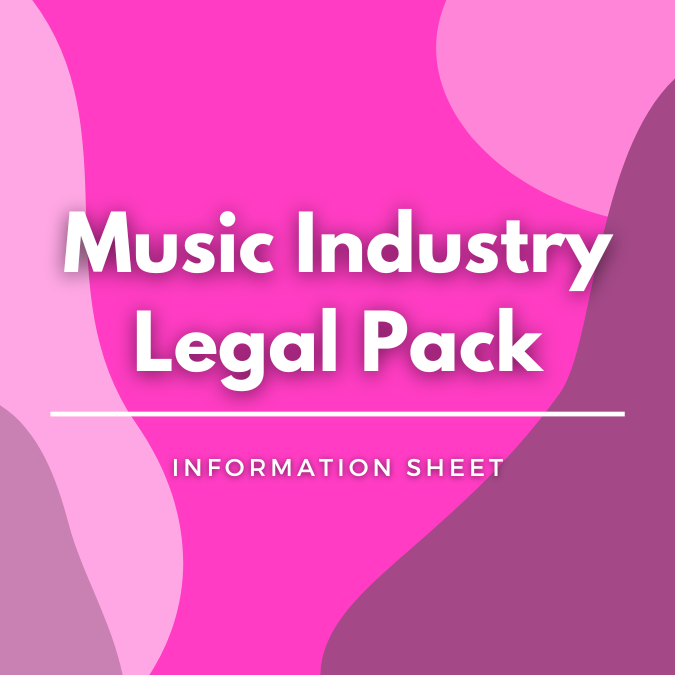Can I showcase or sell music I write for another company?


Arts Law advised a Freelance Sound Designer/Music Composer about who owns the copyright in the music and sound that he composes for an animation company. He does not have a written contract with the company but understands that he is composing the music and sound for the company’s use. He wanted to know if he could showcase or sell the music and sound on his website.
Arts Law explained that separate copyright exists in music, the lyrics and sound recordings. Copyright in music is owned by the creator unless created during the course of employment or signed away in writing. The copyright owner has rights to reproduce, communicate (or put online), adapt and perform the music. As facts indicate that the client is likely to be a contractor rather than an employee, he will own the copyright in the music. As he was commissioned to create the music, there is an implied licence that the commissioner can use the music for the purpose for which it was commissioned and made known to him when commissioned (ie using the music in the animation).
Arts Law suggested that he set out in writing the terms of the agreement with the animation company. It is a good idea to have written agreements with entities that you are working with. Arts Law has a ‘Music Commission for Film’ template that can be purchased online which covers these kinds of situations.
Separate to the copyright in the music, there is copyright in the sound recordings. Arts Law’s client was also commissioned to create the sound recording, but in contrast to the music, the commissioner would own the copyright in the sound recording, meaning they would control whether it can be played, heard, copied or put online. Although each time they do this they need the client’s permission because he wrote the music, which he would have given them through the licence to use the music for that purpose.
The verbal agreement that he had with the animation company reflects that he was not the copyright owner in the sound recording. Therefore he could not put the sound recording on his website or sell it without their permission, even if he is the copyright owner of the music. As the clients wants to put the music on his website for self-promotion, Arts Law advised he should set this out in an agreement with the animation company. A less formal alternative would be calling them and then follow up in email – ie that he would like to be able to put on own website for self-promotion not for sale, and that it won’t be available for download by public.
Although the client didn’t end up setting out the terms of the agreement in writing, he told Arts Law he found the advice very helpful for his general understanding about copyright ownership and commissioned work and plans to implement some of these suggestions for future clients and projects.




